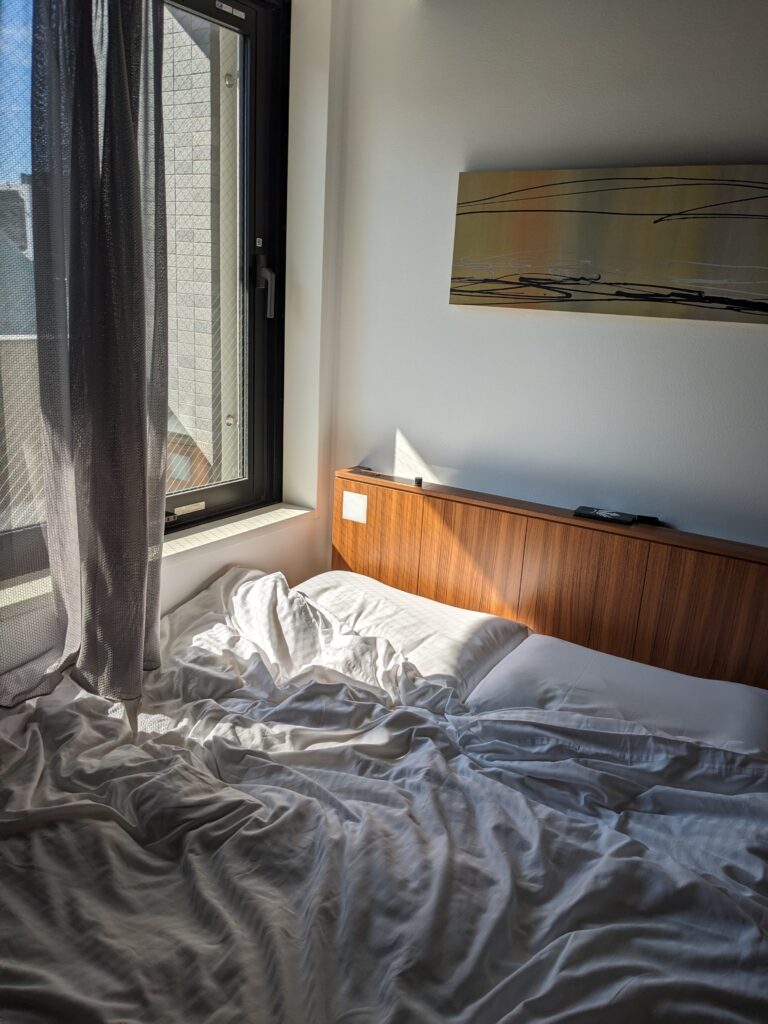Traveling is a wonderful way to explore new places and cultures, but for those with allergic rhinitis, it can be a bit challenging. Allergic rhinitis, commonly known as hay fever, is an allergic reaction to airborne substances such as pollen, dust mites, mold, and pet dander. Symptoms can include sneezing, runny nose, itchy eyes, and congestion, which can put a damper on your travel plans. However, with proper preparation and smart strategies, you can fully minimize your symptoms and enjoy your travels. Here’s how to beat allergic rhinitis while traveling.

Understanding Allergic Rhinitis
What is Allergic Rhinitis?
Allergic rhinitis, also known as hay fever, is an allergic reaction to airborne substances like pollen, dust mites, or pet dander. It causes symptoms such as sneezing, a runny nose, itchy eyes, and congestion.
Common Triggers
Common triggers include:
- Pollen
- Dust mites
- Mold
- Animal dander
- Pollution
Preparing for Travel
Research Your Destination
Before you go, research the air quality and pollen counts at your destination. Websites and apps like Weather.com and Pollen.com provide up-to-date information.
Pack the Essentials
Ensure you pack:
- Antihistamines
- Nasal sprays
- Eye drops
- Face masks
- Air purifiers (portable ones for your accommodation)
Accommodation Tips
- Choose Allergy-Friendly Lodging: Look for hotels that offer hypoallergenic rooms.
- Keep Windows Closed: Use air conditioning instead of opening windows to keep allergens out.
- Bring Your Own Bedding: If possible, bring hypoallergenic pillowcases and covers.
- Air Purifier: Make sure your hotel and accommodation has an air purifier.
Medication and Remedies
- Stick to Your Medication Routine: Take your antihistamines or other prescribed medications as directed.
- Carry Saline Nasal Spray: It can help to rinse out allergens from your nasal passages.
Natural Relief Methods
- Steam Inhalation: Inhale steam from a hot shower to relieve nasal congestion.
- Essential Oils: Oils like eucalyptus or peppermint can provide relief. Use them in a diffuser or apply a small amount to your temples.
Post-Travel Care
- Clean Your Clothes and Luggage: Wash everything you took on your trip to remove any lingering allergens.
- Rest and Recover: Give yourself time to rest after traveling to help your body recover from any exposure to allergens.
Long-Term Management
- Stay Informed: Continuously educate yourself about your condition and new treatments.
In summary, traveling with allergic rhinitis doesn’t have to be a burden. With careful planning and proactive measures, you can minimize symptoms and make the most of your adventures. Research your destination to understand local allergens, pack essential medications and allergy-friendly supplies, and choose accommodations wisely. During your trip, stay hydrated, avoid allergenic foods, and use natural relief methods alongside your prescribed treatments. Upon returning, thoroughly clean your belongings and allow time to recover. Regular medical check-ups and following your allergy management plan are key to keeping symptoms at bay. By taking these steps, you can enjoy the excitement and enrichment that travel brings, without letting allergic rhinitis hold you back. Embrace your journeys with confidence and savor every moment of exploring new places and cultures. Safe travels and happy adventures!

